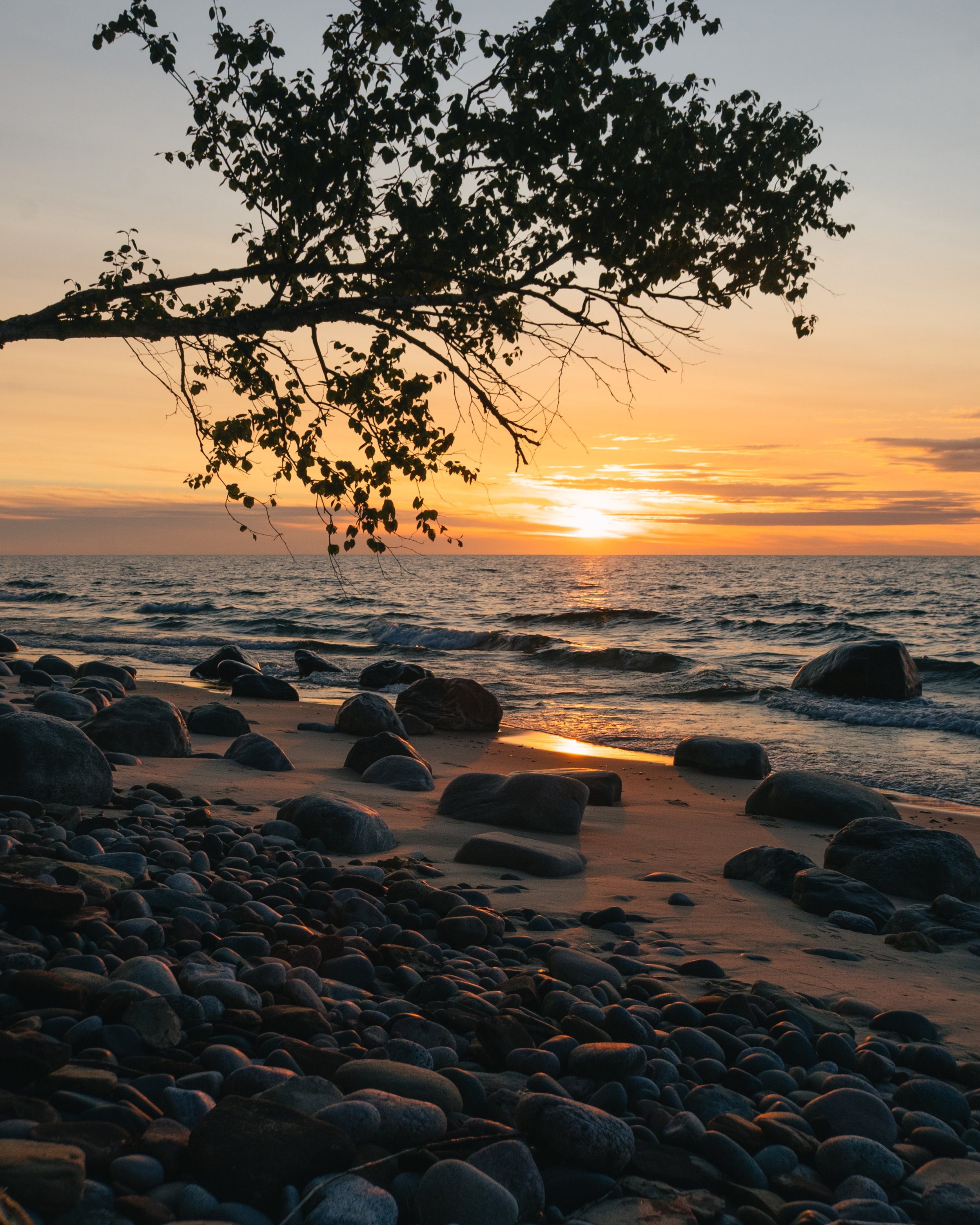We Turned Earth Day into a Hashtag. And That’s a Problem.
Picture this.
It’s 1970. The air smells like leaded gasoline and cigarette smoke. Richard Nixon is in office, Jimi Hendrix is still alive, and rivers are literally catching fire. Bald eagles are nearly extinct. People are angry – like chain-themselves-to-trees angry. And on April 22nd, twenty million Americans take to the streets. Students, farmers, senior citizens, and war vets. All yelling in unison: enough.
That was the first Earth Day. A protest. A warning shot. A chaotic, sweaty middle finger to the establishment pumping smog into kids’ lungs and dumping sludge into rivers.
It was radical. And it worked.
Until now.
It’s 2025, and Earth Day has become… well, let’s call it what it is: a curated Instagram dump of mountain selfies, recycled Pinterest quotes about “treading lightly,” and maybe – maybe – a reusable grocery bag.
We turned a movement into a branding opportunity. Aestheticized the wild. Filtered the fury into something palatable, marketable, and easy to scroll past.
We lost the plot.
The Earth Doesn’t Need Our Posts
Talking to myself here. I love a good forest photo. I take them, post them, and stare at them like they're postcards from some better version of myself. But a photo is not a protest. A caption is not a commitment. A hashtag is not a habit.
That’s not to say posting is worthless. I do it. Awareness has power. Movements have gone viral, money has been raised, and laws have changed because people shared something online. But awareness is the first step, not the finish line.
We treat Earth Day like a performance. Like it’s enough to say “Look how much I love nature!” and then hop in the car, grab a $6 latte with a plastic straw and compostable cup, and go about our merry little Anthropocene lives.
But loving nature isn’t all about looking at it. It’s about letting it be. It’s about restraint, reverence, and honestly, a little bit of guilt. We’ve broken something, and no amount of aesthetic content can fix it.
Convenience is the God We Worship
The truth is, most of us live lives that are fundamentally at odds with the Earth we claim to celebrate. We want clean rivers, but also next-day delivery. We want wild forests, but also cheap lumber. We want to hear the birds sing, but we don’t want to walk instead of drive.
The modern world is designed for ease, not balance. For speed, not sustainability. We’ve built a system that runs on taking more than it gives back, and then we slap a leaf logo on the packaging and call it eco-friendly.
Take BP’s “carbon footprint” campaign, for example. The oil giant coined the term to subtly shift the blame for climate change from corporations to individuals. It wasn’t an environmental movement. It was a marketing strategy. While BP was spilling millions of barrels of oil into the Gulf of Mexico, they were also telling us to turn off the lights and bike to work. That’s not environmentalism, that’s PR.
And they’re not alone. Fast fashion brands launch “conscious collections” made of 10% recycled polyester while burning through oceans of water and exploiting labor to make $5 t-shirts. Airlines sell you carbon offsets for a few dollars, a cheap penance so you can keep flying guilt-free. Greenwashing isn’t the exception; it’s the playbook.
Corporations know exactly what we want: fast, cheap, and effortless. And that’s what they give us, even if it comes wrapped in plastic and drenched in emissions. They’ve learned to brand destruction as progress, and we’ve been trained to applaud it. Most politicians are too busy courting the companies that write the checks to worry about the forests that clean the air. It’s not a conspiracy, it’s just business. And that’s the problem.
We talk about Earth Day like it’s a public service announcement when it used to be a public outcry. Awareness is easy. Accountability is hard.
So What Do We Do?
This is usually the part where someone gives you a cheerful little checklist – buy this, swap that, feel better. But I’m not going to do that. Because deep down, most of us already know what we could do. The real challenge is choosing to care even when it’s inconvenient. It’s okay if you don’t feel like it. Most days I don’t, either.
But maybe that’s a perfect place to start, not with a list, but with honesty. Letting go of the need for attention and choosing to be present instead. To care in quiet ways that don’t need credit.
Maybe the real spirit of Earth Day isn’t about celebration. Maybe it’s about humility. About listening. About planting something and not needing to tell anyone. Picking up trash without tagging a brand. Walking through the woods and just… walking.
The planet isn’t a backdrop for our content. It’s home—a messy, beautiful, irreplaceable home.
And it’s worth showing up for, even if we don’t always get it right.











